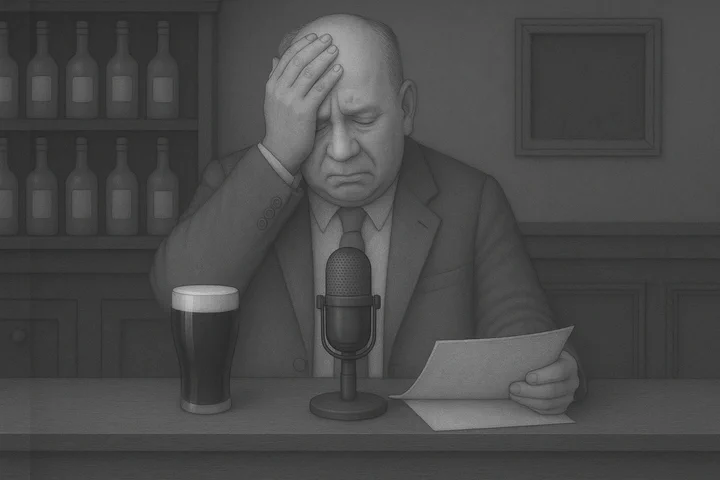Strategic Flexibility excluded from Korea’s electoral discourse

Significance. Strategic flexibility — the concept that U.S. (and potentially South Korean) forces stationed on the Korean Peninsula will deploy regionally without explicit prior approval — remains one of the most contentious defense issues between Washington and Seoul. It has been conspicuously absent from electoral discourse for the presidential election.
Despite mounting regional tensions and renewed interest from U.S. policymakers, neither conservative nor progressive candidates want to address the issue. The issue’s volatility risks alienating centrist swing voters, a critical demographic both camps are vying to secure. South Korean progressives fear being painted as anti-alliance, while conservatives risk accusations of compromising sovereignty.
As a result, strategic flexibility will be a political third rail — recognized as crucial but too controversial for open public campaign discourse. Its omission underscores a broader trend: the depoliticization of strategic defense debates to avoid electoral backlash.
Analysis. Strategic flexibility refers to the United States’ ability to redeploy forces stationed in South Korea to other regional theaters, such as Taiwan or the South China Sea, without prior South Korean consent. This concept has sparked domestic controversy since it emerged during the George W. Bush administration, and was quietly reaffirmed in the 2023 U.S.-ROK Security Consultative Meeting.
While the Yoon administration did not explicitly endorse it, it tacitly accepted its implications through joint military planning and language emphasizing “regional peace and stability.” The concept resurfaced with increasing tension over Taiwan and broader U.S.-China competition. However, it remains politically radioactive in South Korea, where public opinion splits over the risk of entanglement in U.S.-led conflicts not directly related to Korean security.
As the June 2025 presidential election approaches, strategic flexibility will not be debated by any serious candidate.
Conservative contenders, although traditionally alliance-friendly, will avoid affirming the policy publicly to sidestep criticism of subordinating national interest to U.S. demands. Progressive candidates, meanwhile, steer clear to avoid accusations of undermining the alliance, particularly after being blamed for weakening deterrence during the Moon administration.
The result is a bipartisan consensus of silence. Policy decisions will continue behind closed doors, but no candidate will risk campaign capital by openly endorsing or opposing the policy. This strategic silence is calculated: both blocs understand that raising the issue risks alienating the politically decisive centrist bloc, which leans nationalist and is deeply skeptical of both U.S. overreach and Chinese coercion.
Mainstream media reporting, including Yonhap and conservative outlets, has largely avoided direct discussion of strategic flexibility and party contender positions. This silence is telling. The lack of coverage reflects not oversight but editorial restraint shaped by political calculation. Outlets avoid a topic that could disrupt electoral narratives focused on domestic issues such as inflation, youth employment, and housing. When strategic topics arise, they are framed within safe rhetorical commitments to deterrence and peace, without drilling down into operational implications.
The avoidance of strategic flexibility in electoral discourse will not eliminate its policy relevance. On the contrary, a post-election administration — regardless of political orientation — will be compelled to clarify its stance privately in bilateral channels.
U.S. defense planners will continue to push for increased mobility and integration under the Indo-Pacific strategy. Seoul’s next administration will face pressure to either acquiesce to or resist these demands without the benefit of a clear electoral mandate. The gap between campaign silence and post-election policymaking will complicate alliance management and strain diplomatic credibility.
This reinforces a pattern in South Korean foreign policy: the insulation of strategic defense issues from democratic deliberation to avoid short-term political costs. Historically, this was considered justified by the fact that the public doesn’t understand strategic and foreign policy issues.
Today, the omission of issues, such as strategic flexibility and the U.S. alliance, increases the risk of public backlash. Without clear debate on critical issues, the risk of public anger and opposition to future deployments increases.
Impact. Over the immediate to short term, strategic flexibility will be deliberately excluded from South Korea’s presidential campaign discourse to avoid alienating centrist swing voters, and diplomats should closely monitor post-election bilateral defense consultations where the issue will re-emerge outside public scrutiny.
